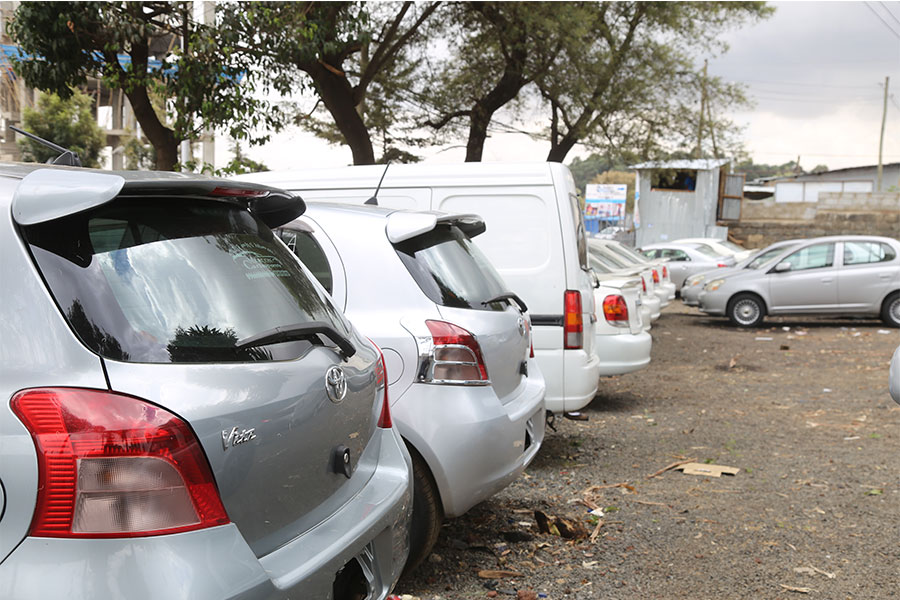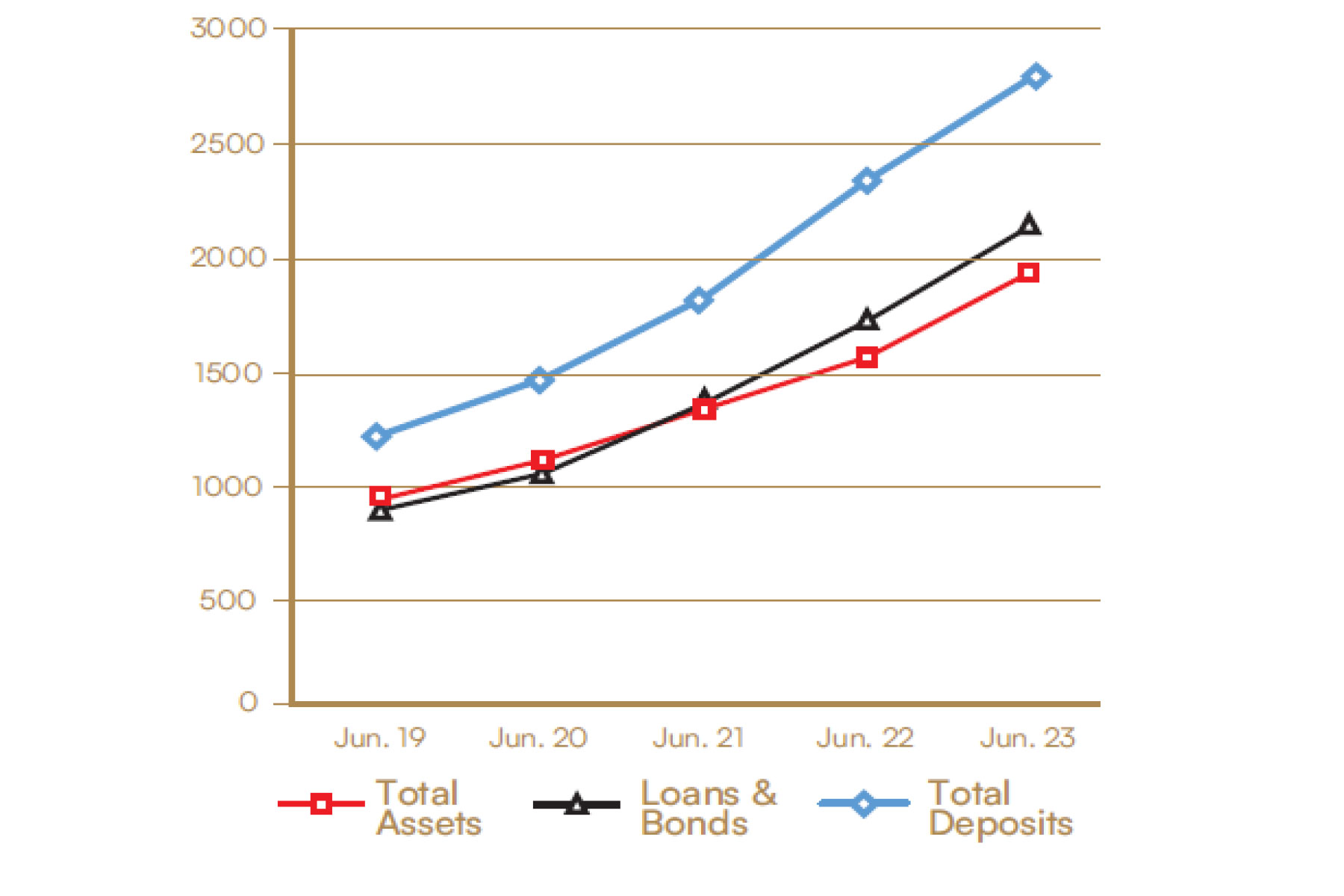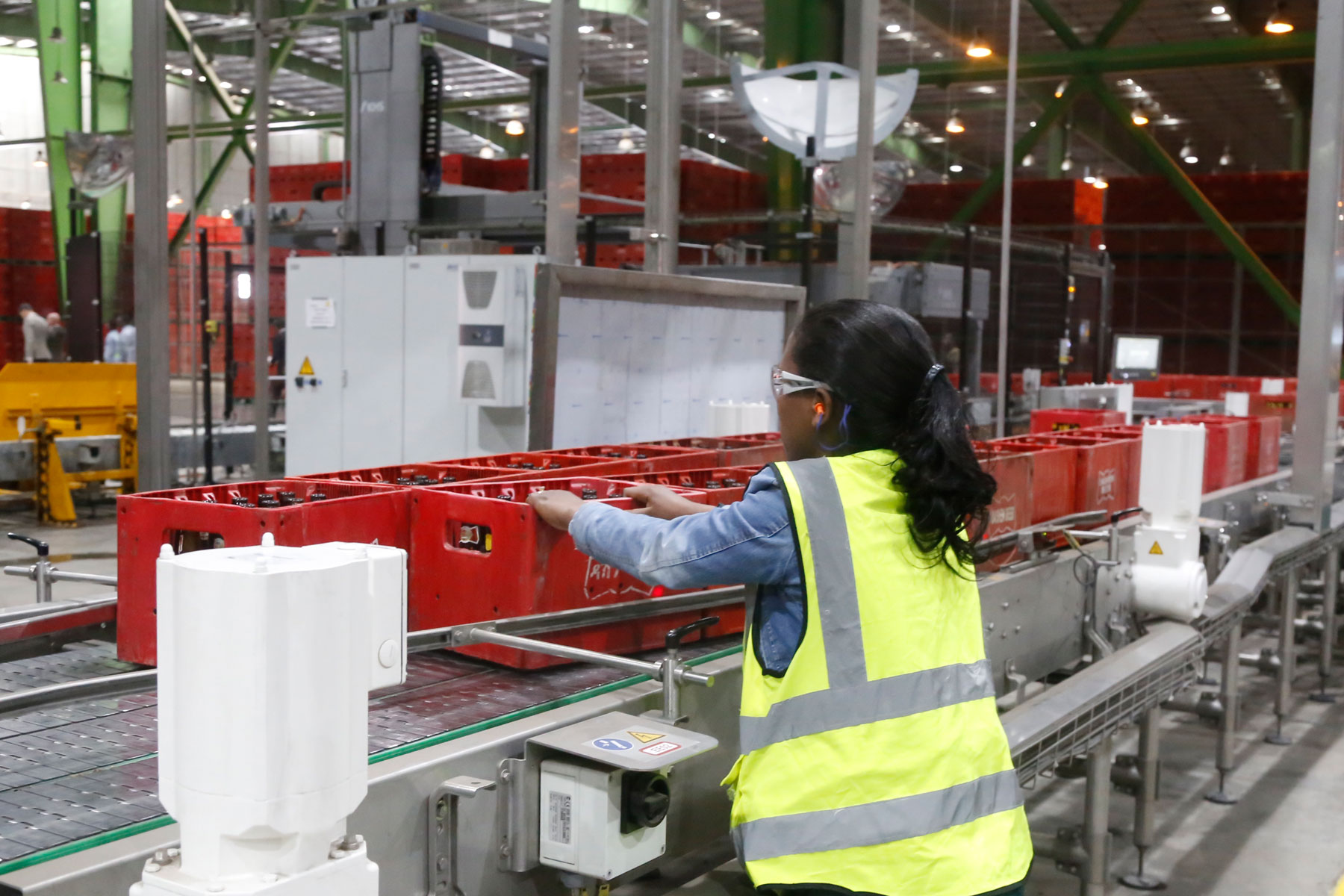
Dec 10 , 2022
By Diane Coyle
The world's advanced economies are amid dual structural transformations that will change every aspect of our lives, from how we work and do business to how we regulate markets.
The most notable of these transformations is digitalization, which has been so ubiquitous over the past 25 years that referring to the "digital economy" today sounds as odd as talking about the "electricity economy." To be sure, the digital shift is not complete. Relatively few companies, for example, currently use cutting-edge artificial intelligence technologies. But billions worldwide already use AI-powered tools like chatbots and online translation.
The other transformation is the shift to a carbon-neutral economy, which will upend the energy, construction, transport, and manufacturing industries, as well as numerous other sectors. The fall in renewable prices, already faster than the declines in computer prices in previous decades, is a strong indicator that this transition is well underway. Decarbonization is set to accelerate with renewable power now significantly cheaper than fossil-fuel energy.
These technological shifts raise many policy questions, especially concerning antitrust enforcement.
For four decades, the prevailing view among economists has been that the roles of the private and public sectors could be clearly defined. According to this view, the state sets the legal framework, builds infrastructure, and funds basic research, while the private sector innovates and creates wealth. One core tenet of this approach, manifested in the privatization wave of the 1980s, was the assumption that the state should leave it to individual innovators, businesses, and consumers to decide what the future should look like.
But the world has changed since the 1980s.
The war in Ukraine and the threat of climate catastrophe have led Western governments to embrace industrial policies for the first time in decades. Even among mainstream economists, there is growing recognition that the state has a crucial role to play in ensuring the net-zero transition through policies that subsidize, among other things, chip fabrication and battery manufacturing.
Less attention has been paid to the competitive implications of this transition. A spate of reports published by regulatory agencies in recent years – such as the UK government report that I co-authored as part of an expert panel chaired by Jason Furman – have shown that existing antitrust-enforcement frameworks are ill-equipped to address the challenges posed by winner-takes-all digital markets. New laws regulating digital platforms, such as the European Union's Digital Markets Act, are a direct result of this reckoning, as is the anti-monopoly movement's resurgence in the United States.
The net-zero transition will underscore the radical competition-policy implications of the digital transformation, making it impossible for regulators to keep operating as they have in the past few decades.
Data sharing is a case in point. Competition policy typically opposes companies sharing information with each other – and for a good reason. But major disruptions will force antitrust-enforcement agencies to adapt. During the pandemic, for example, supermarkets sought to suspend competition laws to ensure that limited stocks of essential goods remained available.
Sharing data among firms is essential to reducing waste, increasing energy efficiency across supply chains, enabling autonomous-vehicle adoption and efficient transport management, and reducing entry barriers in digital markets. In the coming years, it will be up to competition authorities to decide which data companies may share, which data they must share, and how to monitor their compliance.
Regulators must also deepen their understanding of which technologies must be widely shared to enable competition and accelerate the shift to a carbon-neutral economy. Some past technological standards have slugged it out in the market – the battle between Betamax and VHS for home-video supremacy in the early 1980s comes to mind. In other cases, regulators have set standards, paving the way for rapid scaling and substantial cost reductions. The rapid spread of the GSM mobile standard during the 1990s, for example, made cell phones more affordable in low-income countries.
The latter model is more suitable for the net-zero transition. But first, regulators must move on from the Chicago School philosophy that has underpinned competition and supply-side policies around the world since the 1980s. The Chicago approach presumes an absence of radical structural change. Markets are presumed to be dynamic, but only up to a point. An analysis aiming to understand the impact of five to 10pc price increases in clearly defined markets is useless when the prices of some technologies plunge, and entirely new markets emerge. It is akin to relying on old maps of terrain since reshaped by earthquakes and volcanoes.
In short, policymakers must be careful when weighing the strategic benefits of technocratic competition and industrial policies. To enable the net-zero transition and foster a dynamic and inclusive digital economy, competition authorities must recognize the scale of the task they face and shake off outdated modes of thinking – the sooner, the better.
PUBLISHED ON
Dec 10,2022 [ VOL
23 , NO
1180]


Fortune News | Sep 06,2020

Life Matters | Jun 13,2020

My Opinion | Apr 01,2023

Fortune News | Mar 09,2019

Viewpoints | Jan 27,2024

Photo Gallery | 96130 Views | May 06,2019

Photo Gallery | 88391 Views | Apr 26,2019

My Opinion | 66994 Views | Aug 14,2021

Commentaries | 65715 Views | Oct 02,2021
My Opinion | Apr 13,2024

Feb 24 , 2024 . By MUNIR SHEMSU
Abel Yeshitila, a real estate developer with a 12-year track record, finds himself unable to sell homes in his latest venture. Despite slash...

Feb 10 , 2024 . By MUNIR SHEMSU
In his last week's address to Parliament, Prime Minister Abiy Ahmed (PhD) painted a picture of an economy...

Jan 7 , 2024
In the realm of international finance and diplomacy, few cities hold the distinction that Addis Abeba doe...

Sep 30 , 2023 . By AKSAH ITALO
On a chilly morning outside Ke'Geberew Market, Yeshi Chane, a 35-year-old mother cradling her seven-month-old baby, stands amidst the throng...

Apr 13 , 2024
In the hushed corridors of the legislative house on Lorenzo Te'azaz Road (Arat Kilo)...

Apr 6 , 2024
In a rather unsettling turn of events, the state-owned Commercial Bank of Ethiopia (C...

Mar 30 , 2024
Ethiopian authorities find themselves at a crossroads in the shadow of a global econo...

Mar 23 , 2024
Addis Abeba has been experiencing rapid expansion over the past two decades. While se...

Apr 13 , 2024
A severe financial stranglehold has been imposed on the banking industry, underminin...

Apr 13 , 2024 . By MUNIR SHEMSU
In an unprecedented move, the central bank has published its inaugural stress test report, uncovering potential fault lines within the finan...

Apr 13 , 2024 . By MUNIR SHEMSU
In a bold departure from its historical position on foreign investment, the federal government has opened...

Apr 13 , 2024 . By AKSAH ITALO
A proposed excise tax stamp system draws controversy amongst industry leaders in the alcohol, tobacco, be...